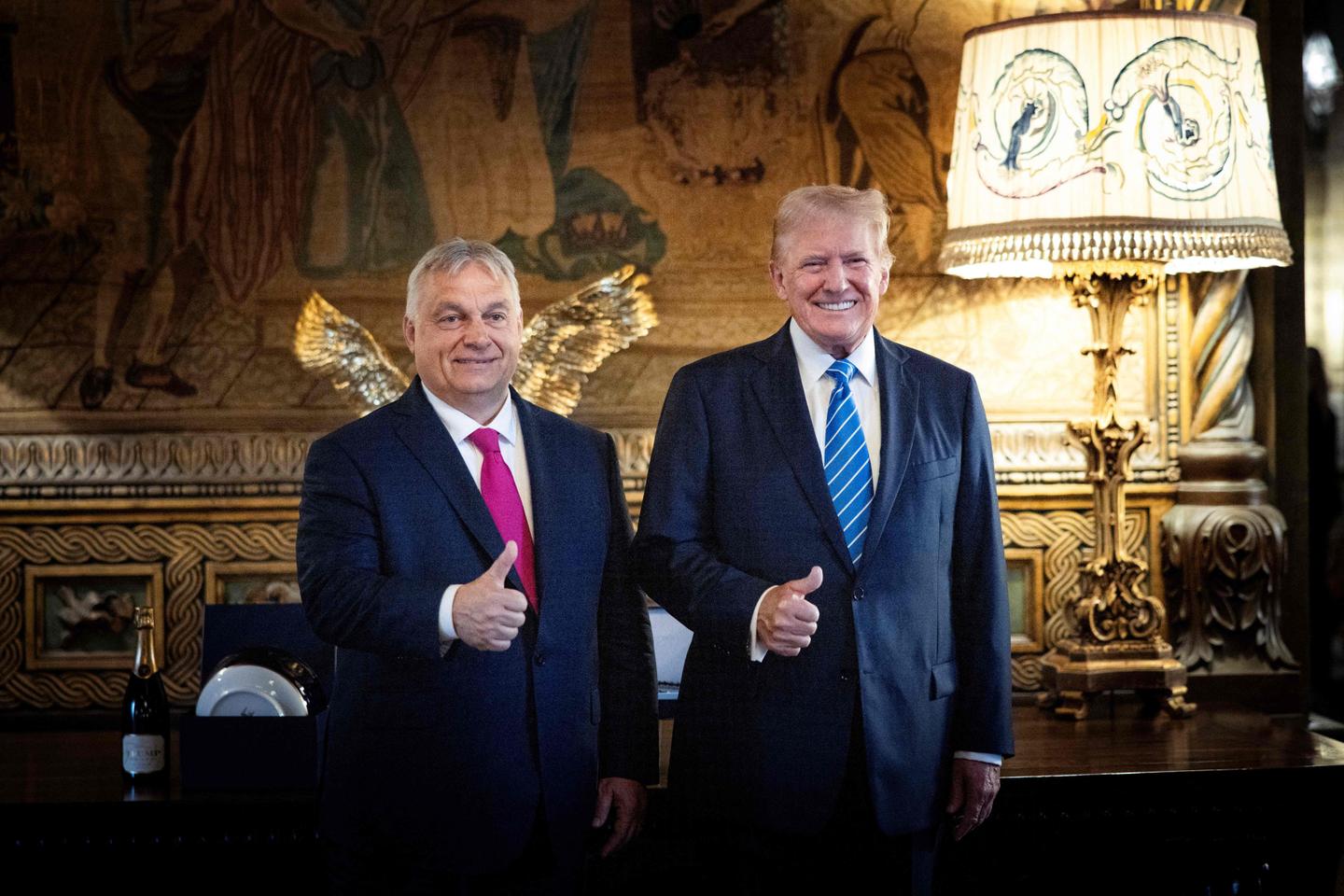


Since taking over the six-month rotating presidency of the Council of the European Union (EU) on July 1, Hungarian Prime Minister Viktor Orban has been diplomatically active in the name of a self-styled "peace mission" in Ukraine. This initiative poses two problems for his European partners. Firstly, he has no mandate for it. Secondly, it is ignoring the restrictions imposed by the Westerners on their relations with Vladimir Putin, who decided to invade Ukraine and is under an arrest warrant from the International Criminal Court for war crimes.
In the space of a few days, after an initial stopover in Kyiv to sound out President Volodymyr Zelensky, the Hungarian leader met in Moscow with the master of the Kremlin, with whom he maintains close relations despite the war, then in Beijing with President Xi Jinping, and finally with Donald Trump at his Mar-a-Lago residence in Florida.
On July 11, as soon as the NATO summit organized in Washington by the Democratic president, Joe Biden, came to an end, Orban rushed to go see Trump. Orban is undeniably consistent: This was his second visit to Trump in 2024. He had already described the former Republican president as a "man of honor" after his conviction.
A deliberately orchestrated cacophony
In record time, the Hungarian prime minister managed to meet with all the more or less masked enemies and adversaries of NATO and the European Union, two institutions of which his country is a member. As such, this tour can be seen as contrary to European interests. The Treaty of Amsterdam stipulates that member states "shall refrain from any action which is contrary to the interests of the Union or likely to impair its effectiveness as a cohesive force in international relations."
Orban is taking advantage of a temporary power vacuum within the Union. He has de facto arrogated to himself a competence that falls within the remit of the president of the European Council, who, under the Treaties of the European Union, is responsible for the Union's external representation at the level of heads of state and government. The incumbent for a few more days is Charles Michel, who is due to be succeeded by Portugal's Antonio Costa. President of the European Commission Ursula von der Leyen and Estonian Prime Minister Kaja Kallas will have to wait for the European Parliament's approval on July 18 before the former is reappointed and the latter officially becomes the EU's high representative for foreign affairs and security policy.
The Hungarian prime minister is undoubtedly seeking to restore his image with his electorate, following his party's setback in the European elections. But the cacophony he has deliberately orchestrated cannot continue without weakening Europe. Orban insists that he is not as isolated as his detractors claim. This is evidenced by the creation, on his initiative, of a new group in the European Parliament, the Patriots for Europe, which brings together several far-right parties. The group to be chaired by Jordan Bardella, the president of the Rassemblement National, will be the third-largest in the European Parliament. With Orban, "Make Europe Great Again," the slogan he copied from Trump, is an antiphrasis.
